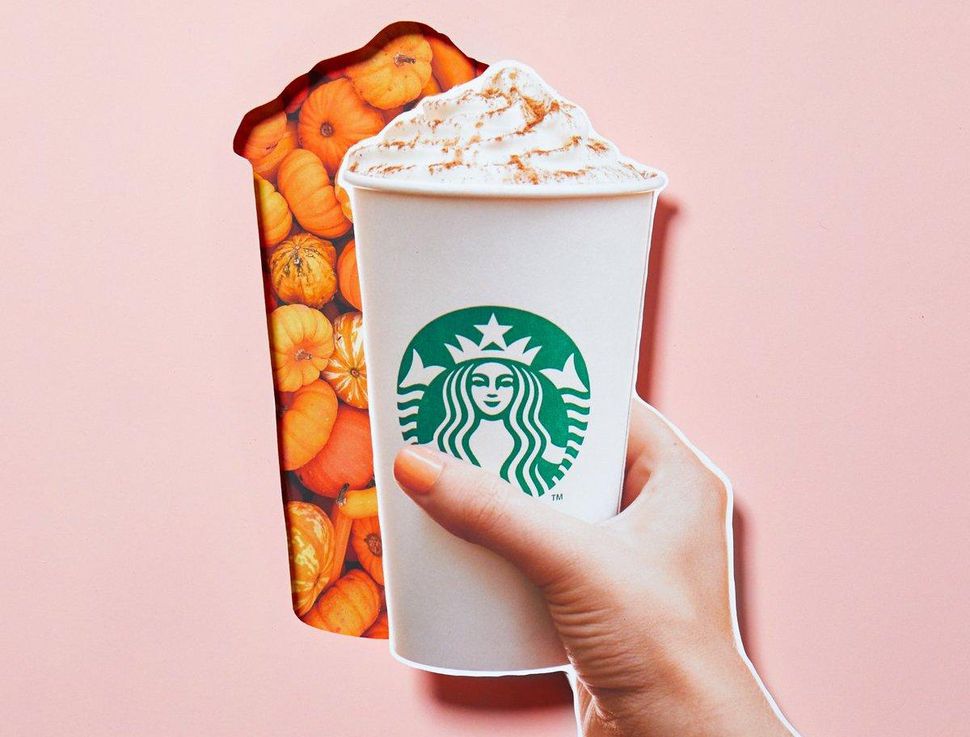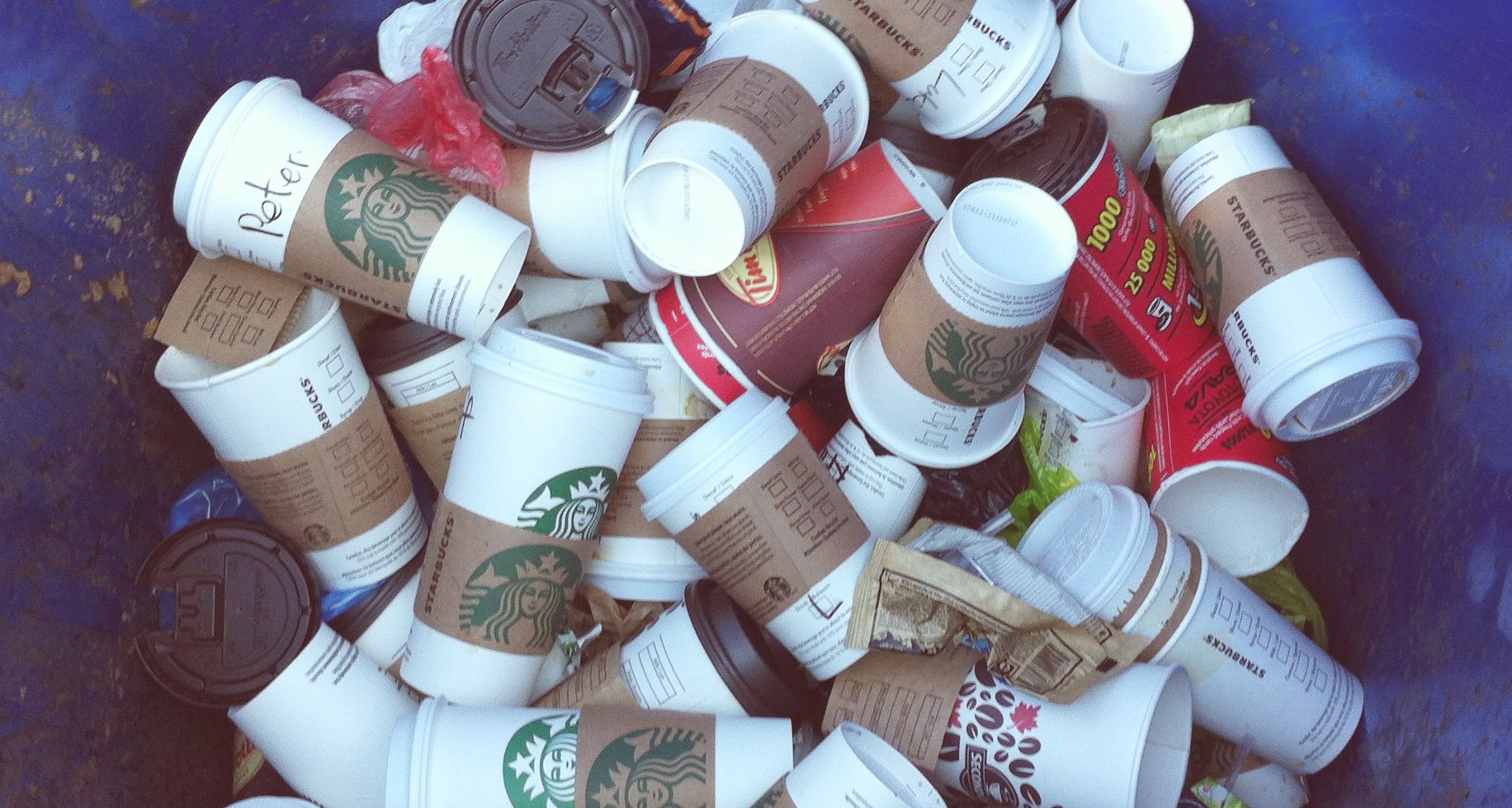
The Downside of the New Vegan Pumpkin Spice Latte at Starbucks
We are getting to that time of year again to bundle up and enjoy some tasty hot drinks from our favourite cafes. Ever popular is the pumpkin spiced latte from Starbucks, and now the syrup has become vegan friendly, it seems more popular than ever before. While I endorse companies changing their recipes and ingredients to be vegan, I also think it is important to keep a clear head on and try our very best not to be enticed by the woolly, twinkling, autumnal marketing campaigns and advertisements.

The first thing I wanted to discuss was the use of disposable coffee cups. Bloomberg estimates that 2.5 billion coffee cups are thrown away every year. The plastic particles make their way into the earth causing contamination, whilst posing a threat for wildlife.
It’s estimated that Starbucks has sold over 200 million pumpkin spiced lattes (which I will take to calling the PSL from now on) globally since their creation in 2013. Although lots of these will be drank in store in a reusable mug or taken away in a reusable coffee cup, we can see how Starbucks is a major contributor to the 2.5 billion cups thrown away every year.

The first problem with these cups is that neither the cup or the lid is recyclable. They are lined with plastic so that they remain waterproof when filled with hot drinks. The second problem is that the plastic, polyethylene, uses crude oil as part of its manufacturing process. Whilst you can take your own reusable to-go cup, there are a few more reasons why you might not want to take a trip to Starbucks anytime soon.
Firstly, the PSL is one of the most unhealthy drinks out there, containing 43% more sugar than a can of Coca-Cola. No matter which milk you opt for, the lattes contain a minimum of 49g of sugar. A grande, soya milk PSL will set you back 310 calories, with its 55g of carbohydrates. Conveniently, Starbucks forgot to add any information whatsoever on the ‘Ethical Sourcing’ page of their website.
Secondly, Starbucks doesn’t have the best company ethics between its tax avoidance affairs and treatment of employees. For instance, back in 2013 Starbucks UK removed a paid 30-minute lunch break and paid leave for the first day of sickness. Shockingly, the CEO of Starbucks received an 80% rise and in 2014 received a salary of upwards of $20 million.
Starbucks faced public scrutiny back in 2015 for its ambiguous ‘sourcing’ of palm oil, and in 2016 the company they still hadn’t achieved sourcing 100% sustainable palm oil. Palm oil is one of the biggest factors that contribute towards environmental damage, causing deforestation, violations of workers’ rights, animal endangerment, loss of habitat, and a number of malpractices.
Of course Starbucks sells dead animals in its sandwiches, salads and other prepackaged food items. In 2015, The Business Benchmark on Farm Animal Welfare ranked Starbucks in its second lowest category. Whilst I’m a believer that the terms ‘farmed animals’ and ‘welfare’ are an extreme contradiction, this still adds another notch in the company’s unsustainable, tax avoiding, employee mistreating, sugar-loving bedpost.
I think we are all guilty of indulging in a frothy latte or two from the big brands, based off of their convenience and marketing pizzazz. Just the other day, I posted on Instagram about Starbucks’ vegan cherry chocolate cake, before I decided to get woke. I’m still learning and trying my best to become an ethical consumer and I hope with the inter-connectivity of the internet, it’s something we can all work on together.
Sources



